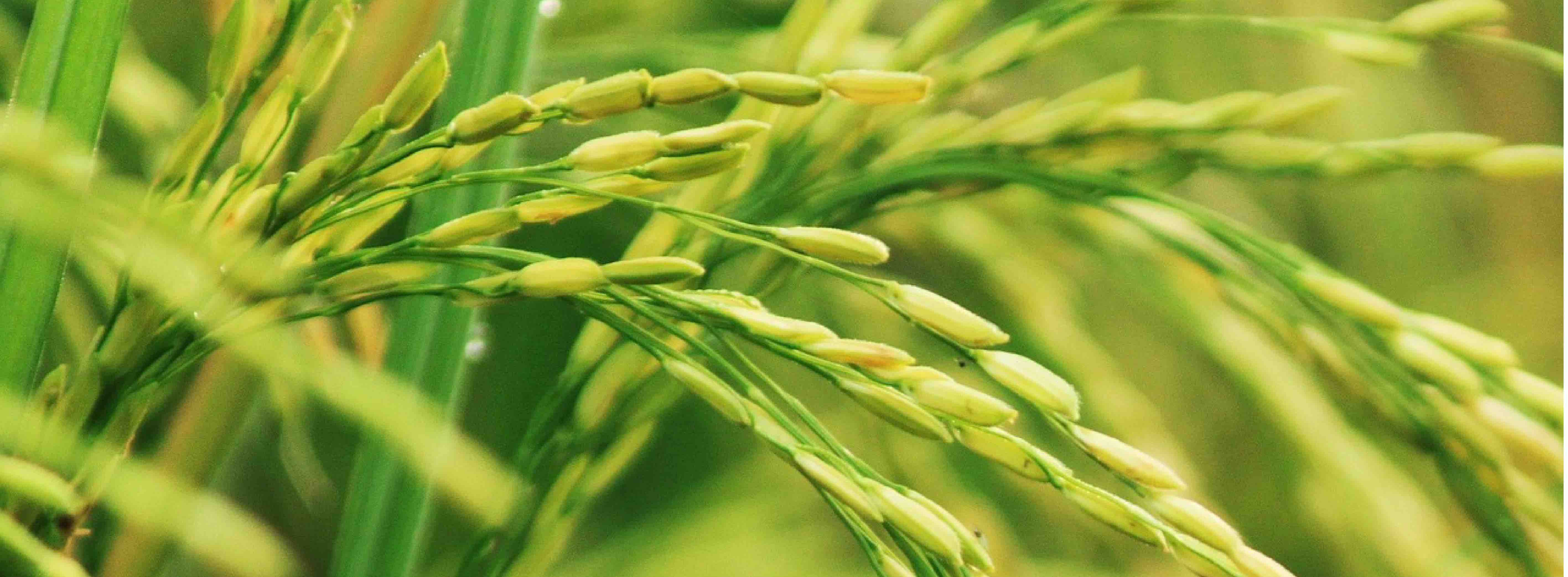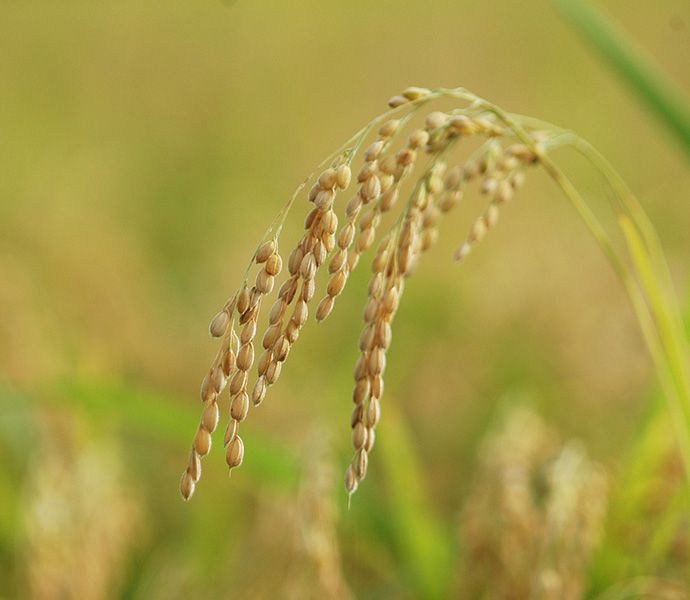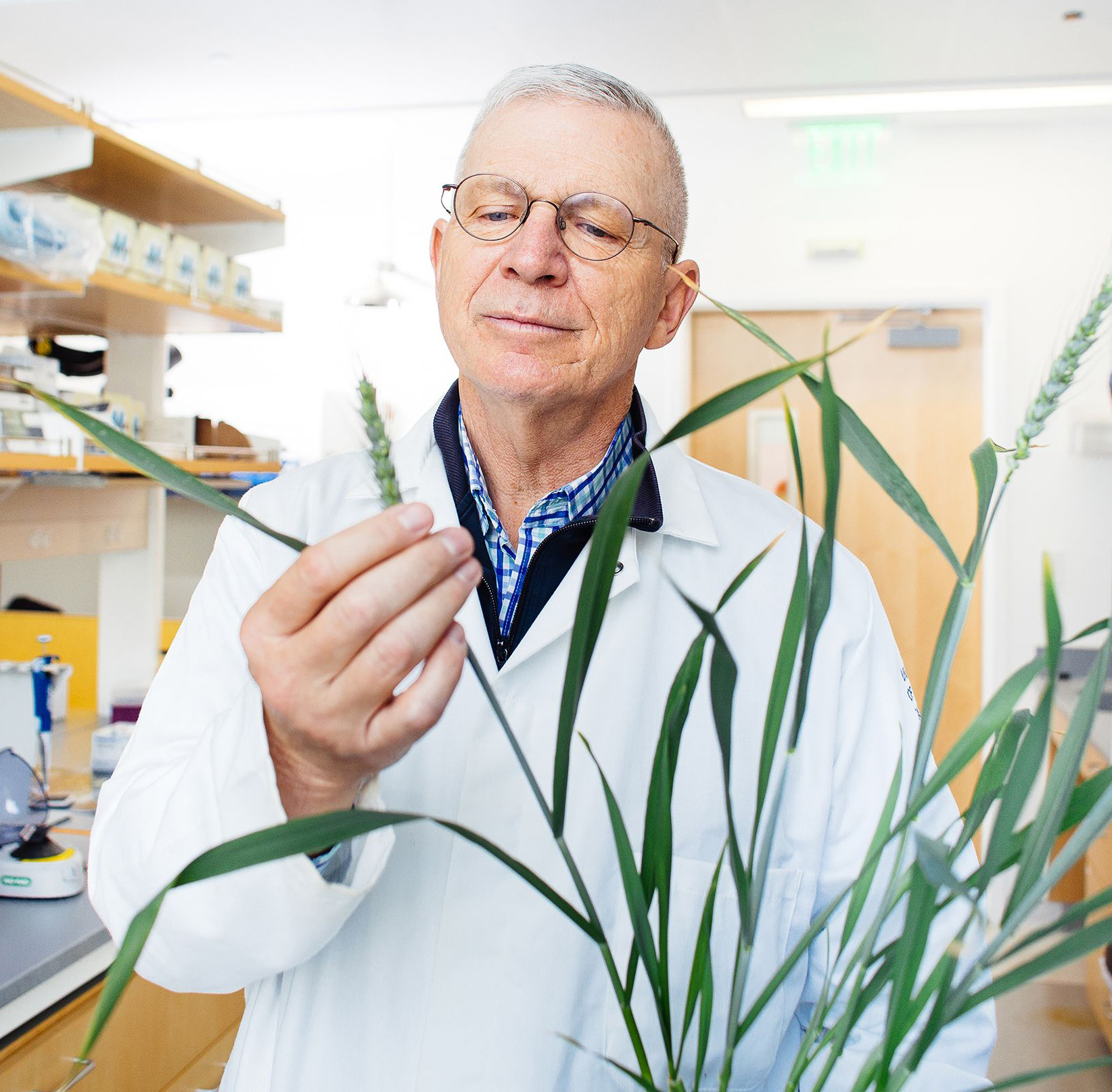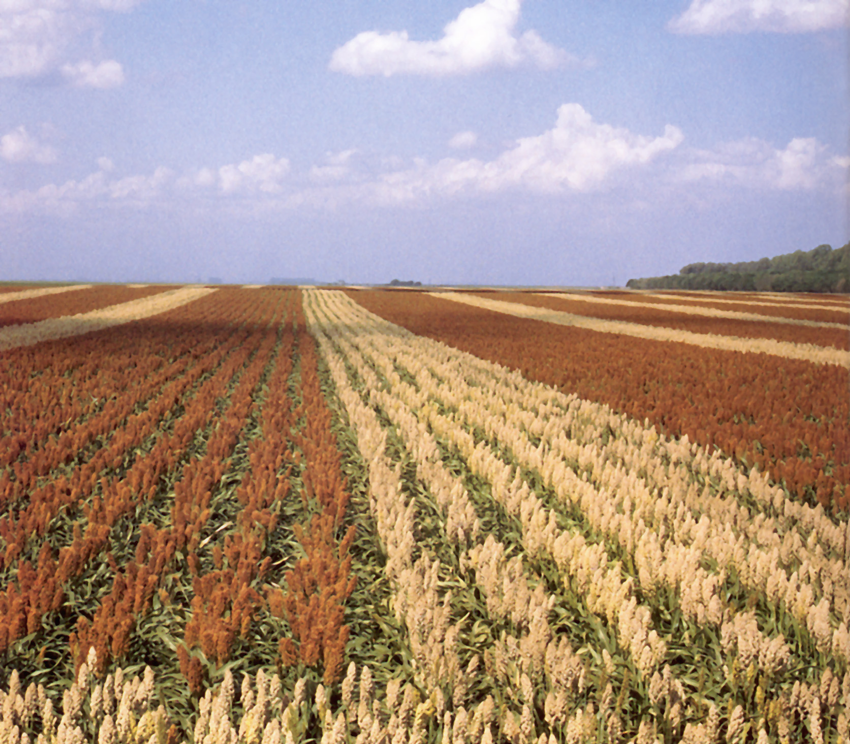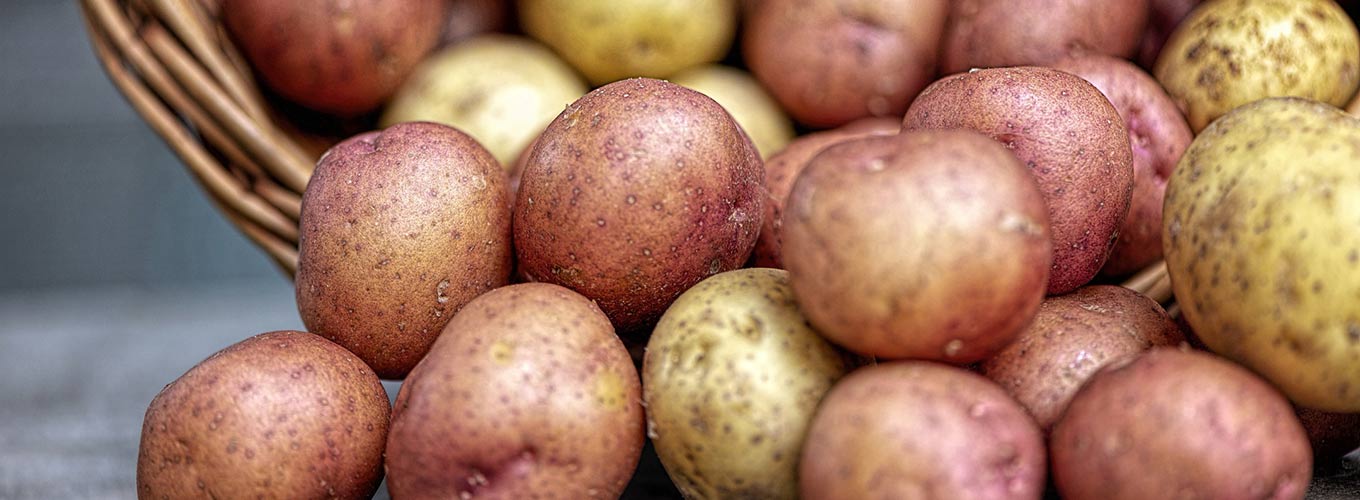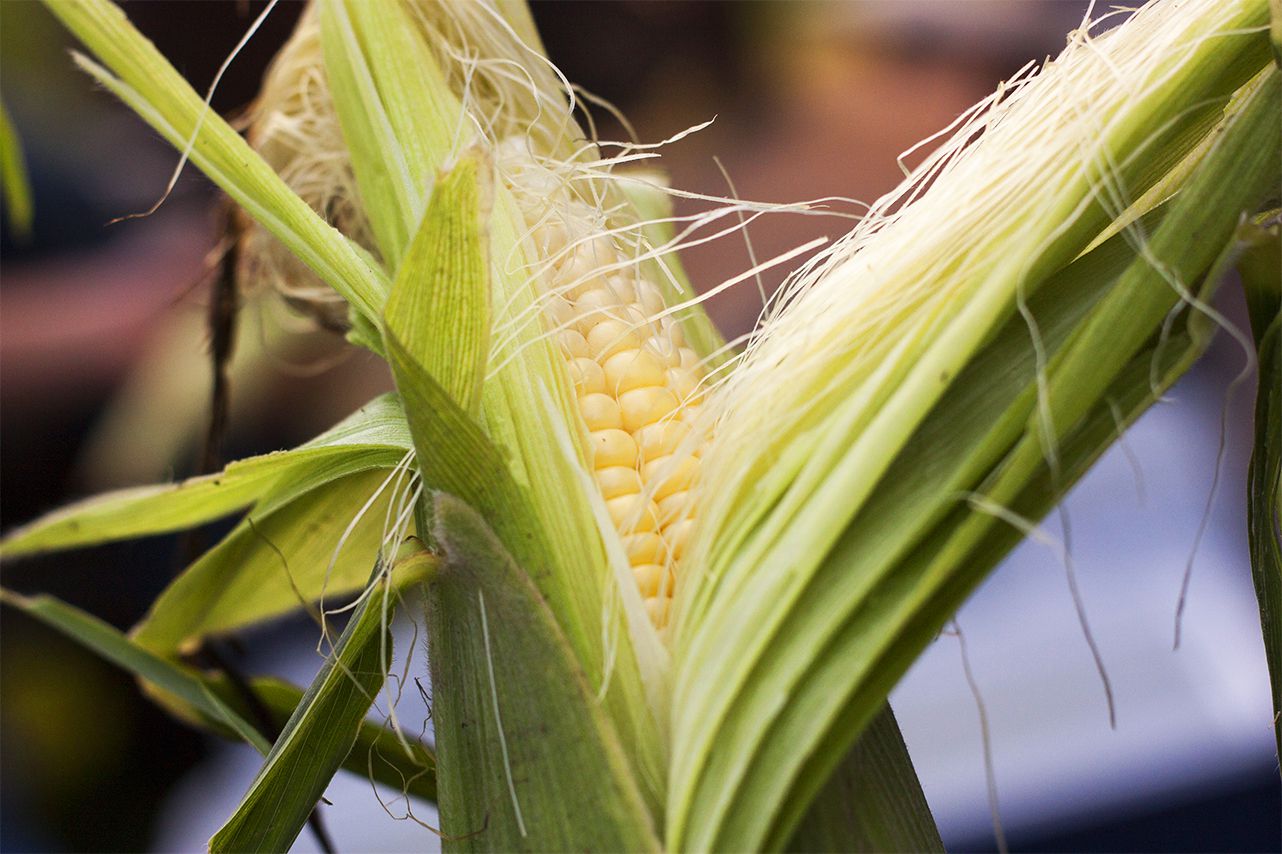Genomics
Institute
A DCL4 network that regulates plant defense, RNA stability, and genome integrity
Completed Project
We will determine how a newly discovered process controls plant immunity against infection.
SHARE:
Biotic stress responses protect plants from disease, but can compromise growth and crop yields. Plant immune systems monitor for the presence of pathogens, detecting specific molecular patterns and then mounting defenses upon recognizing an infection. Induction of defenses in the absence of a pathogen is deleterious, and can cause autoimmune syndromes that disrupt development, impair growth, and limit crop yields. Using the Solanaceae family of agronomically important crops as model systems, we discovered that plants generate microRNAs that silence R gene expression, fine-tuning the balance between robust immunity and healthy growth. We discovered two new and unexpected DCL4-dependent mechanisms that control the expression of genes involved in plant immunity.
The goal of this project is to understand how fine-tuning expression of the plant immune system can contribute to breeding robust agricultural defenses against pathogens. The project will establish the role of a DCL4-centered homeostatic regulatory network that coordinates plant immune systems with pathogen infection in agronomically important crop plants, with implications for the evolution of immune systems and new insights into fundamental mechanisms of epigenetic regulation of eukaryotic genomes.
Share this project:


